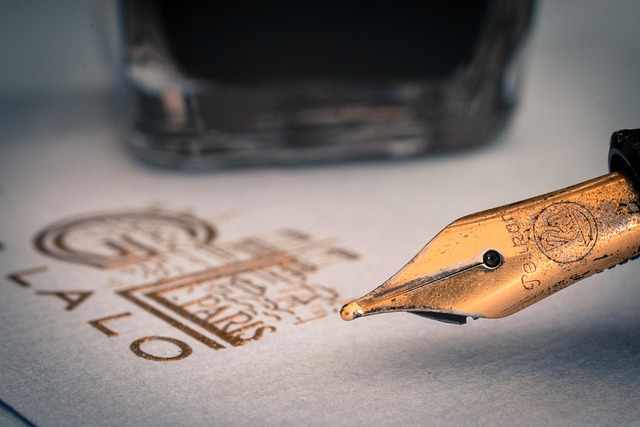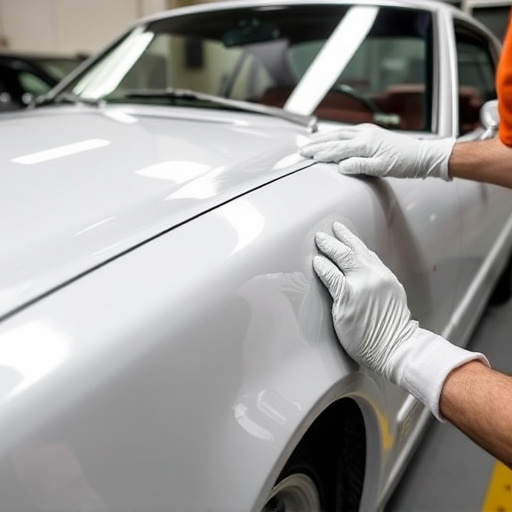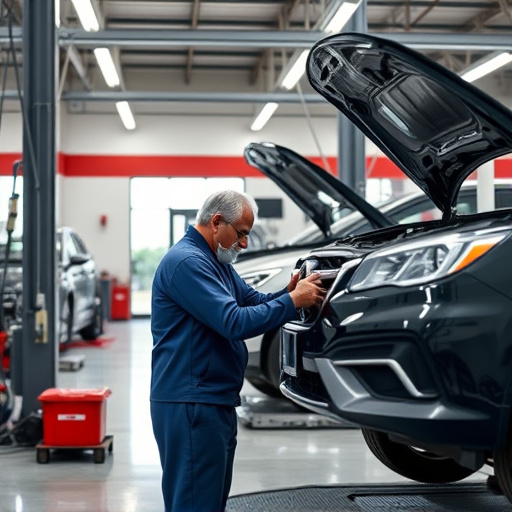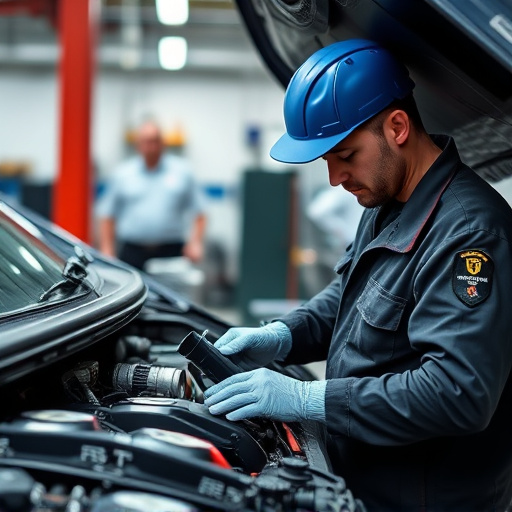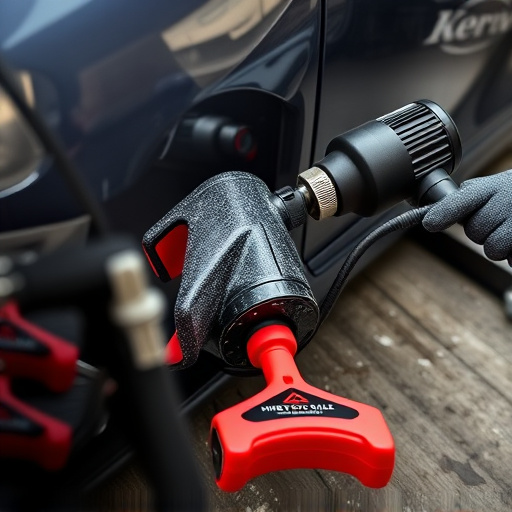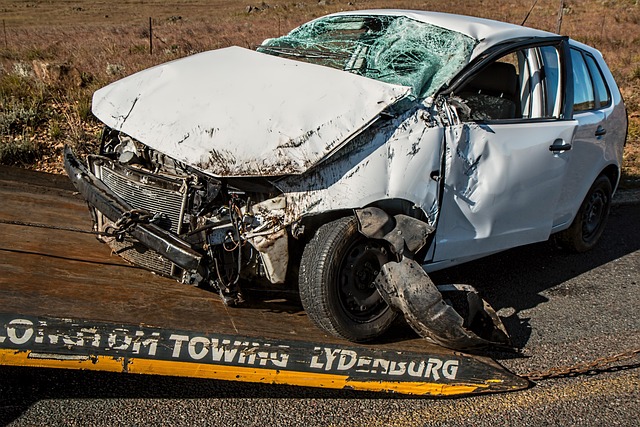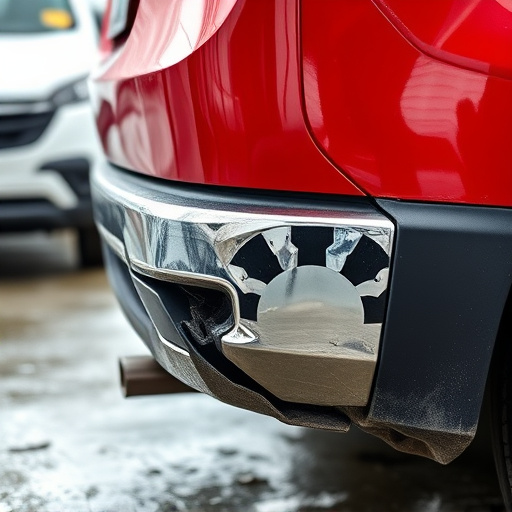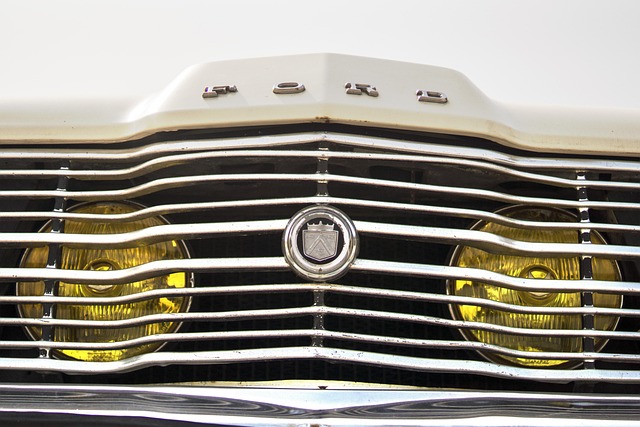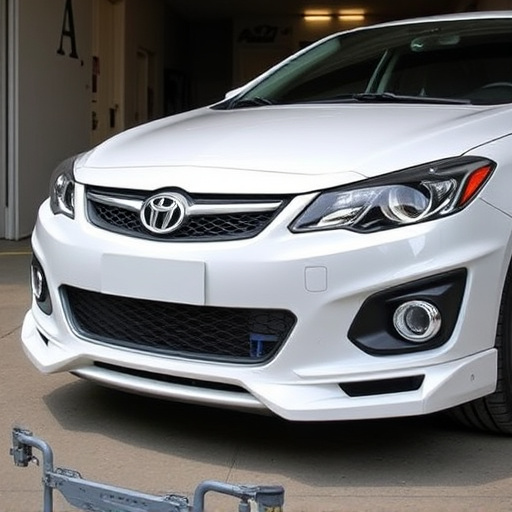Mercedes rain sensors enhance safety by detecting water droplets and adjusting settings like wipers and headlights. Proper calibration during repair is vital to maintain sensitivity, ensuring accurate performance. Regular washing, maintenance, and checks prevent debris buildup and damage, crucial for optimal adjustments during rainy seasons. Professional recalibration adjusts sensitivity for best results.
“Enhance your Mercedes-Benz driving experience with an optimal understanding of its rain sensor adjustment. This article guides you through the intricacies of Mercedes rain sensor functionality, uncovering common issues that may impact accuracy. We explore essential calibration and maintenance practices to ensure peak performance. By following these tips, you can navigate through various weather conditions with confidence, making your Mercedes a true testament to technological advancement in automotive systems.”
- Understanding Mercedes Rain Sensor Functionality
- Common Issues Affecting Rain Sensor Accuracy
- Calibration and Maintenance for Optimal Performance
Understanding Mercedes Rain Sensor Functionality
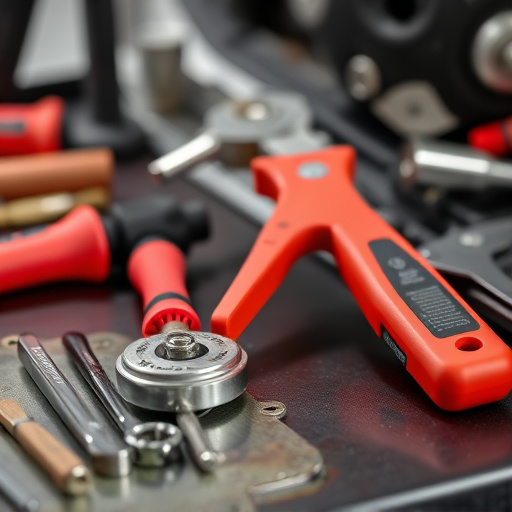
The Mercedes rain sensor, an integral part of modern vehicle technology, plays a crucial role in enhancing driving safety and comfort during adverse weather conditions. Its primary functionality is to detect rainfall or water on the windshield, triggering various adjustments to ensure optimal visibility for the driver. These sensors, typically mounted on the front grill or fenders, use advanced technologies like radar or cameras to identify water droplets. Upon detection, they signal the vehicle’s systems to respond accordingly, such as activating the wipers at an appropriate speed and interval, adjusting the headlamps for better penetration through raindrops, or even closing the sunroof to prevent water ingress.
Understanding how these sensors work is essential when addressing any issues related to Mercedes rain sensor adjustment. Proper calibration ensures that the car dent removal or repair process doesn’t compromise their sensitivity or accuracy. Auto repair services that specialize in such adjustments can help fine-tune these systems, ensuring they perform optimally and contribute to a safer driving experience during rainy conditions, without causing any additional car dent problems.
Common Issues Affecting Rain Sensor Accuracy
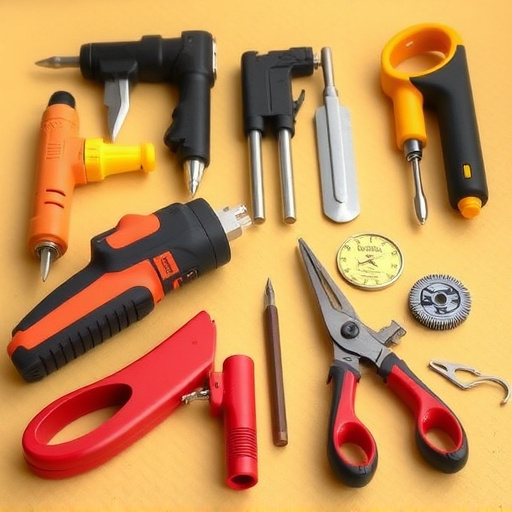
Rain sensors on Mercedes vehicles are designed to ensure optimal wiper performance during adverse weather conditions. However, several common issues can impact their accuracy. One major factor is debris accumulation; dust, leaves, and bugs can obstruct the sensor’s view, leading to incorrect rain detection. Regular washing and maintenance of these sensors, including a thorough clean, can prevent this issue.
Another challenge is environmental conditions. Extreme temperatures can cause the sensor to malfunction or age prematurely, affecting its sensitivity. Additionally, certain automotive body work repairs or modifications might alter the sensor’s positioning or alignment, resulting in inaccurate readings. Even minor dents or damage near the sensor can disrupt its performance. Therefore, proper care and timely maintenance are crucial to ensuring the rain sensor adjustment remains precise, contributing to a safer driving experience, especially during rainy seasons when other services like tire services become even more critical.
Calibration and Maintenance for Optimal Performance
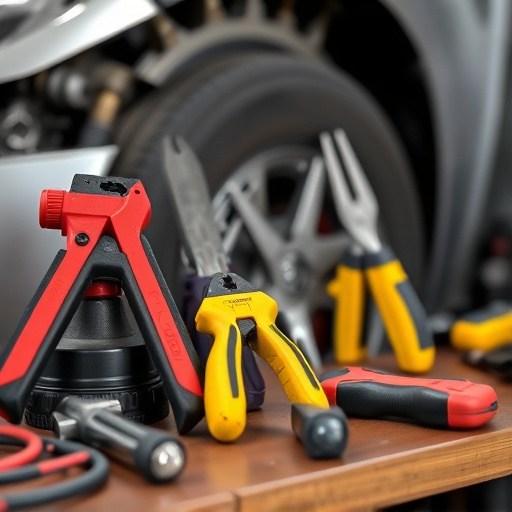
The accuracy of Mercedes rain sensor adjustment is heavily reliant on regular calibration and maintenance. Over time, these sensors can become less effective due to environmental factors, road debris, and general wear and tear. A professional car bodywork services or automotive body shop can perform a precise recalibration, ensuring the sensors respond accurately to changing weather conditions. This involves adjusting the sensitivity settings to provide optimal performance, especially during rainfall, ensuring the vehicle’s wipers are activated at the right time and intensity.
Proper maintenance includes regular cleaning of the rain sensors to prevent dust, dirt, or bug remains from obstructing their view. Many car body shops offer specialized cleaning services to restore these sensors to their peak condition. By maintaining and calibrating Mercedes rain sensors, drivers can expect improved safety and a more comfortable driving experience, even in adverse weather conditions.
The accuracy of Mercedes rain sensor adjustment is influenced by various factors, from environmental conditions to regular maintenance. By understanding how these sensors work and addressing common issues, owners can ensure optimal performance. Regular calibration and diligent care are key to keeping your Mercedes’ rain-sensing wipers in top shape, enhancing safety and driving comfort during all weather conditions. When it comes to Mercedes rain sensor adjustment, proper understanding and proactive maintenance are the keys to a hassle-free experience.
